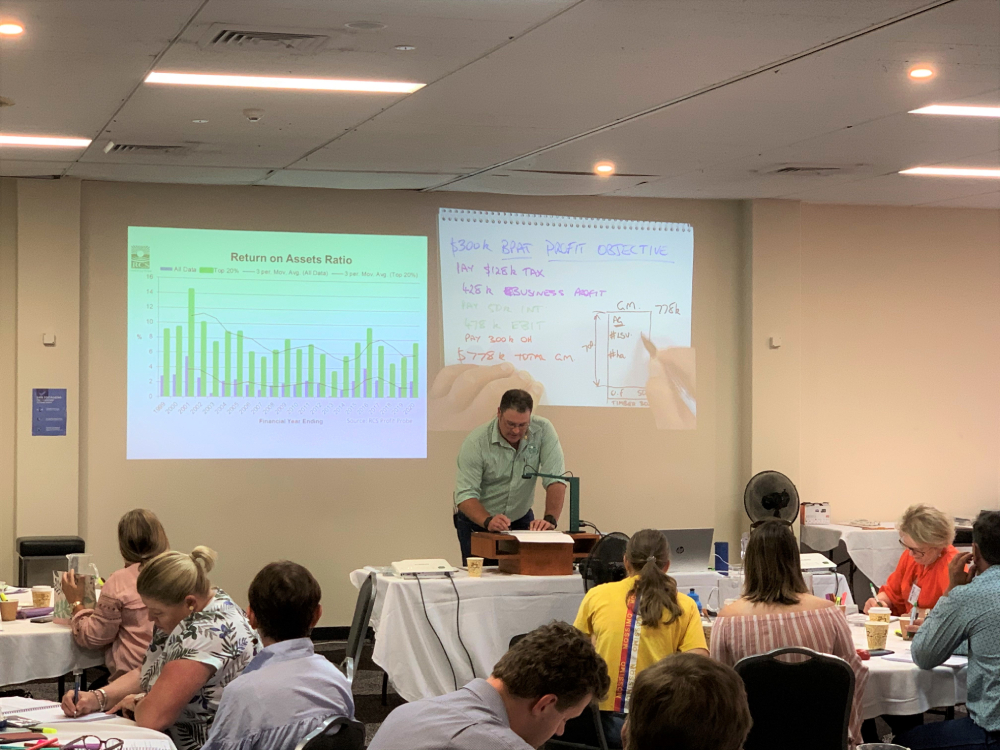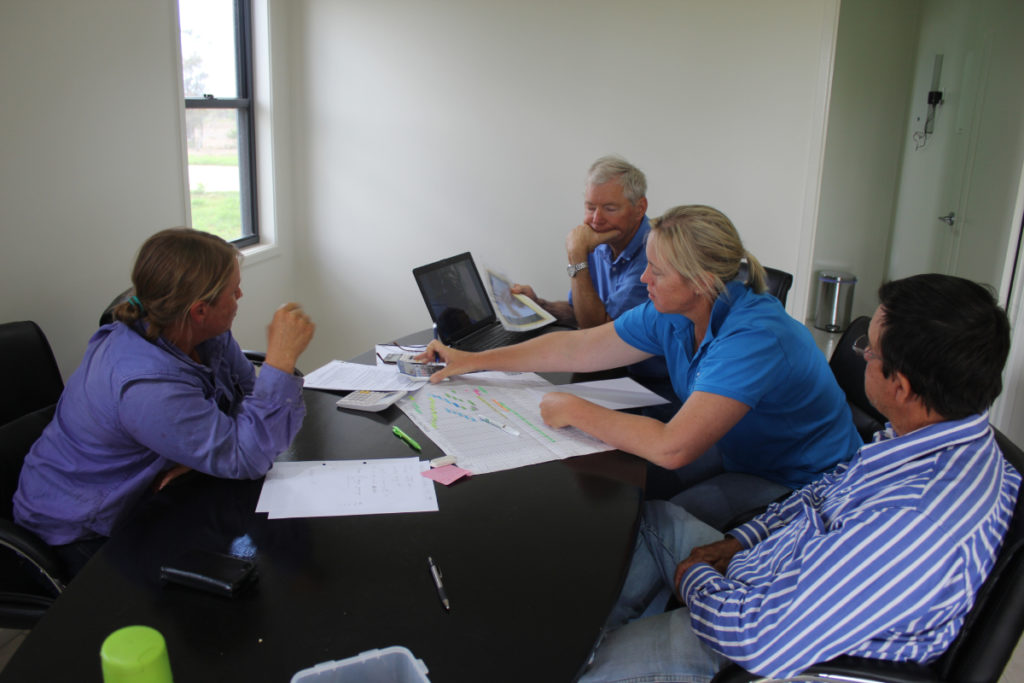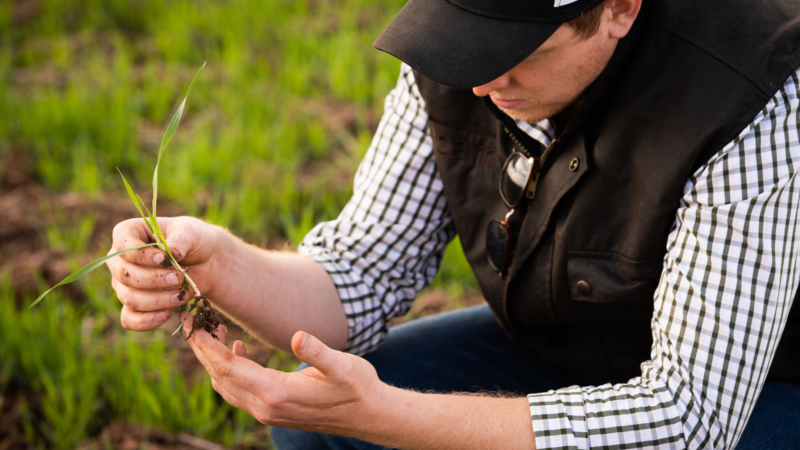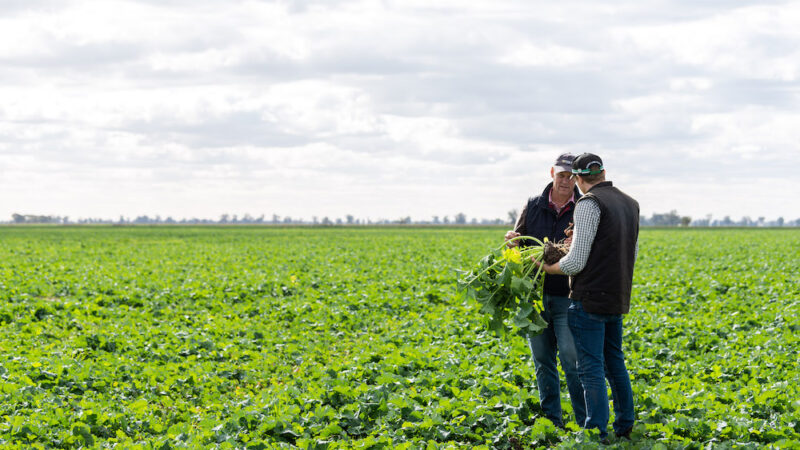Budgeting dos and don’ts

Often, we hear �Why budget � you can’t tell what will happen’. That�s correct. However, if the plan fails on paper, then it has little chance of working in practice.
Why budget? Every year we hear ‘there is no point doing a budget � you can’t tell what will happen’. That is correct. However, if your plan won’t work on paper, then it has little chance of working in practice. Remember, a budget is your operational plan for the year ahead, written in dollars.

Here is our list of dos and don’ts for preparing your budget.
DO
- Take ownership of why you budget. What does it mean for you?
- Strategise for the year ahead. Given your current reality, what do you plan to do?
- Involve the right people and information. A budget must combine paddock and office knowledge.
- Start by preparing your forecast stockflows and cropflows (hint, this is important).
- Base your forecasted direct (variable) costs on assumptions made in the stockflows and cropflows. E.g. you can’t forecast commission costs until you know your planned sales.
- Consider historical overheads, then challenge each one when you include it again.
- Have your loan information at hand to clarify repayment details.
- Revise your budget as reality changes. Doing a budget now will have many assumptions. Once you know the actual area planted, growing season, branding/marking numbers etc., re-budget to include this new detail.
DON’T
- Do it for someone else. If you don’t know why you’re doing it, clarify.
- Copy last year’s actuals across. Every year is different.
- Do a budget without a stockflow or cropflow. They are the foundation of your budget.
- Use last year’s direct costs for this year’s budget.
- Let someone else prepare your budget. Get help by all means, but never hand it over.
- Rush to get ‘it’ done (it is the process that counts).
- Budget for a loss. Find a different strategy.
RCS Australia
[email protected]
1800 356 004





